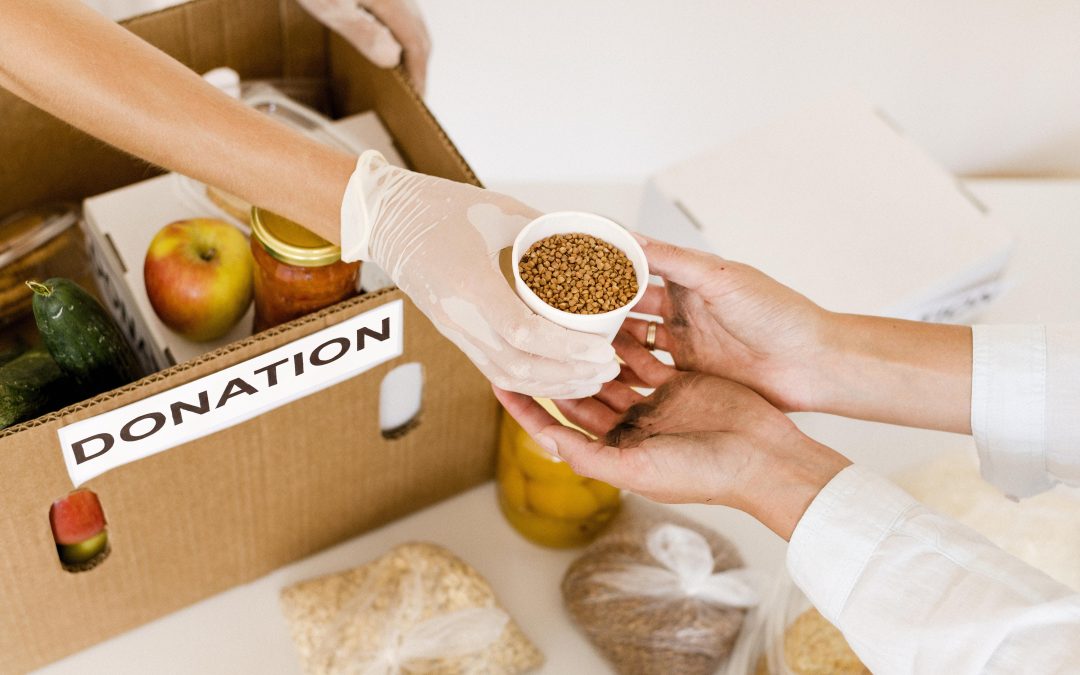
Aug 11, 2023 | Better Stories, Human and fundamental rights, Turkey
In December 2019, Deep Poverty Network (DPN) was established as part of the Open Space Association by a group of researchers, sociologists, psychologists, and journalists who initially came together in a solidarity-based community center, Çimenev, mainly for children in a lower-class neighborhood of Istanbul. DPN was founded as research and reading group to investigate the deepening nature of poverty, to make its multidimensional nature visible, to develop a rights-based approach to poverty, and to monitor the human rights of socioeconomically marginalized individuals.
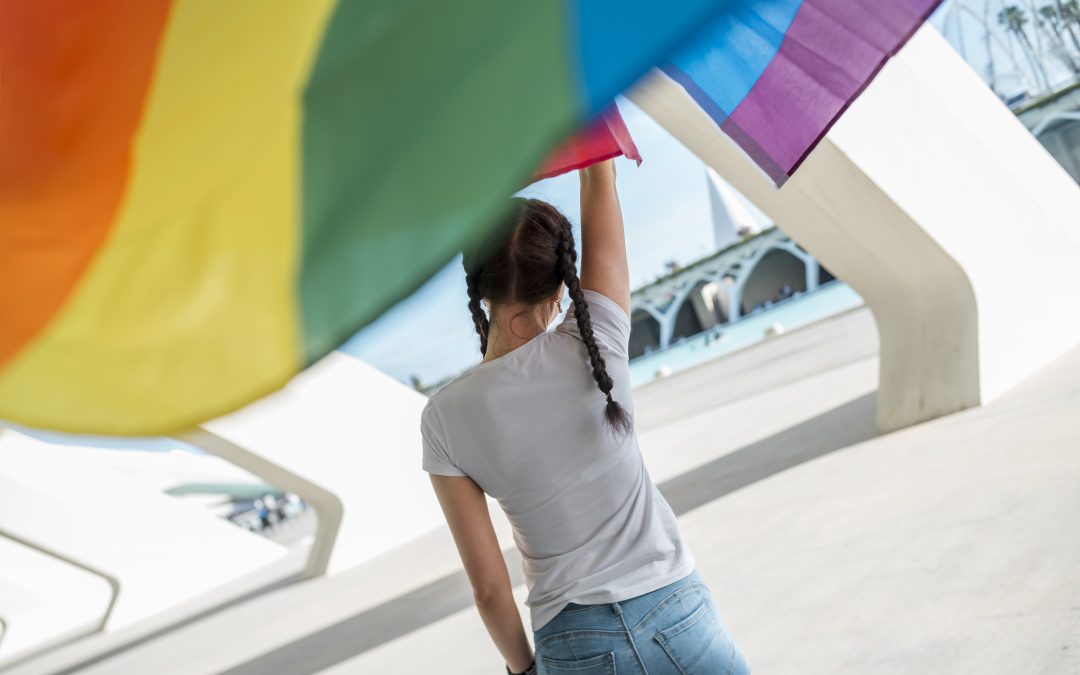
Aug 11, 2023 | Better Stories, Gender stereotypes, Human and fundamental rights, Portugal
ReAJo – Autonomy Response for LGBTI Youth is the pioneer autonomy flat dedicated to young lesbian, gay, bisexual, trans, or intersex (LGBTI) individuals in Portugal.
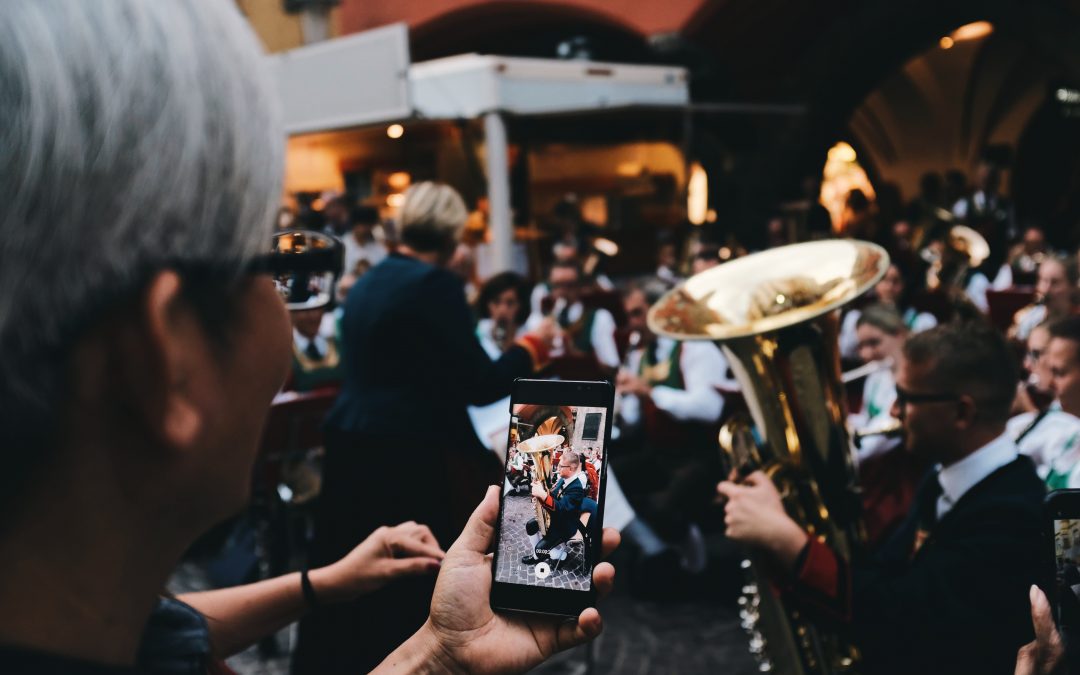
Aug 11, 2023 | Better Stories, Human and fundamental rights, Netherlands
Club Goud was launched by Moniek van Daal. Prior to launching the initiative, Moniek had spent more than 10 years volunteering at an elderly home, engaging in simple conversations over coffee with elderly residents. This experience revealed to her that the world of many elderly individuals becomes smaller and smaller, particularly for those who lack close family connections. Moniek strongly believed in the value of intergenerational interactions yet faced challenges in recruiting young volunteers. This motivated her to conceptualize events that could bridge the generation gap.
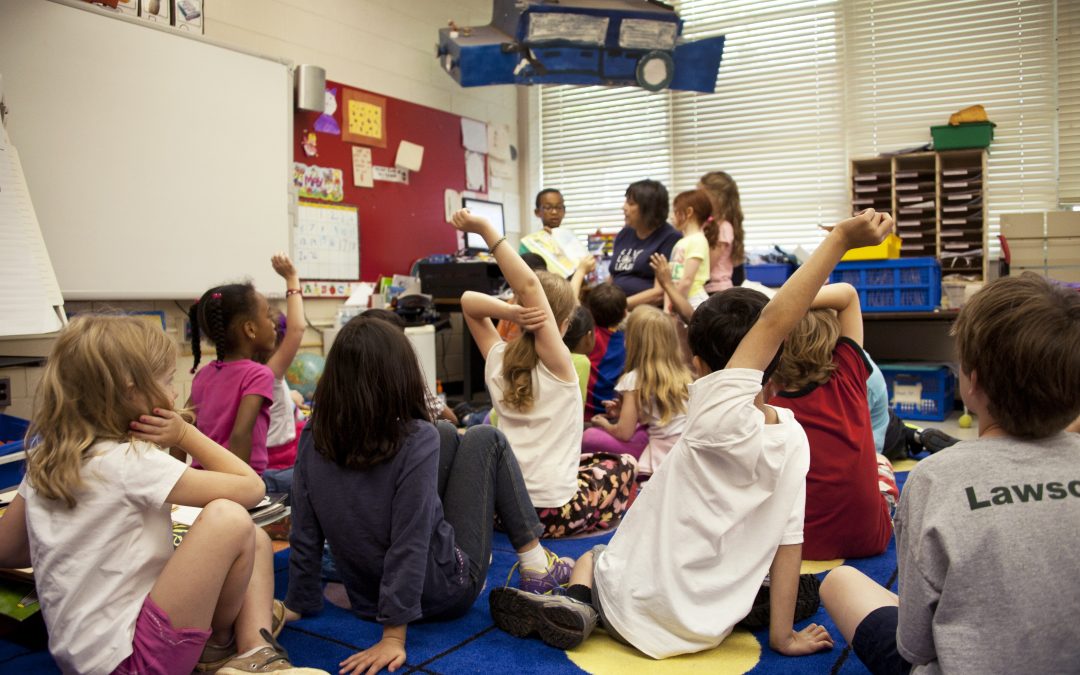
Aug 11, 2023 | Better Stories, Human and fundamental rights, Luxembourg, Work and labour market
The Relay houses (maisons relais) are operated by municipalities alone or with the support of facility managers from CSOs (in this case, the Red Cross). Their primary objective is to provide parents with the option to work by offering care after school hours or during closures. These houses offer temporary socio-educational care for children and young people under 18 outside regular school hours. They primarily cater to families residing in the municipality or children attending school there.
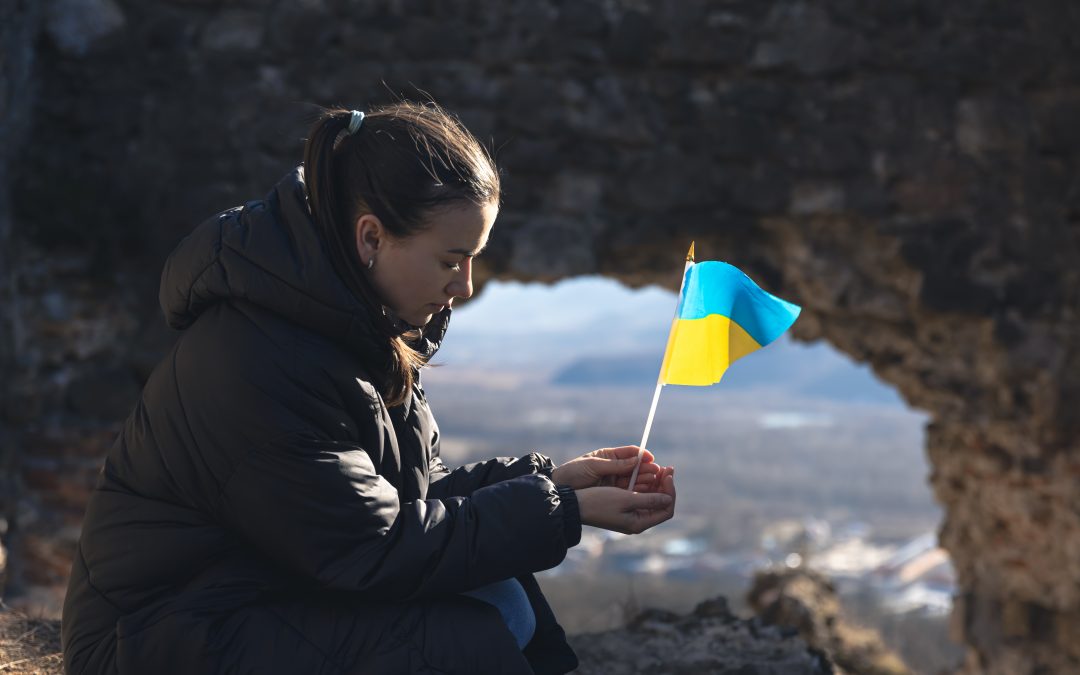
Aug 11, 2023 | Better Stories, Human and fundamental rights, Latvia
This initiative was created to help people who, due to Covid-19 restrictions, were forced to stay at home. The target group is composed of people in self-isolation, those sick with Covid-19, or those who belong to the high-risk group due to medical reasons. Additionally, the project focused on supporting vulnerable groups like ‘people with low income,’ ‘single parents,’ and ‘elderly individuals living alone.’ The primary idea was to aid those individuals who lacked the means, support, or skills to acquire necessary items while in self-isolation.
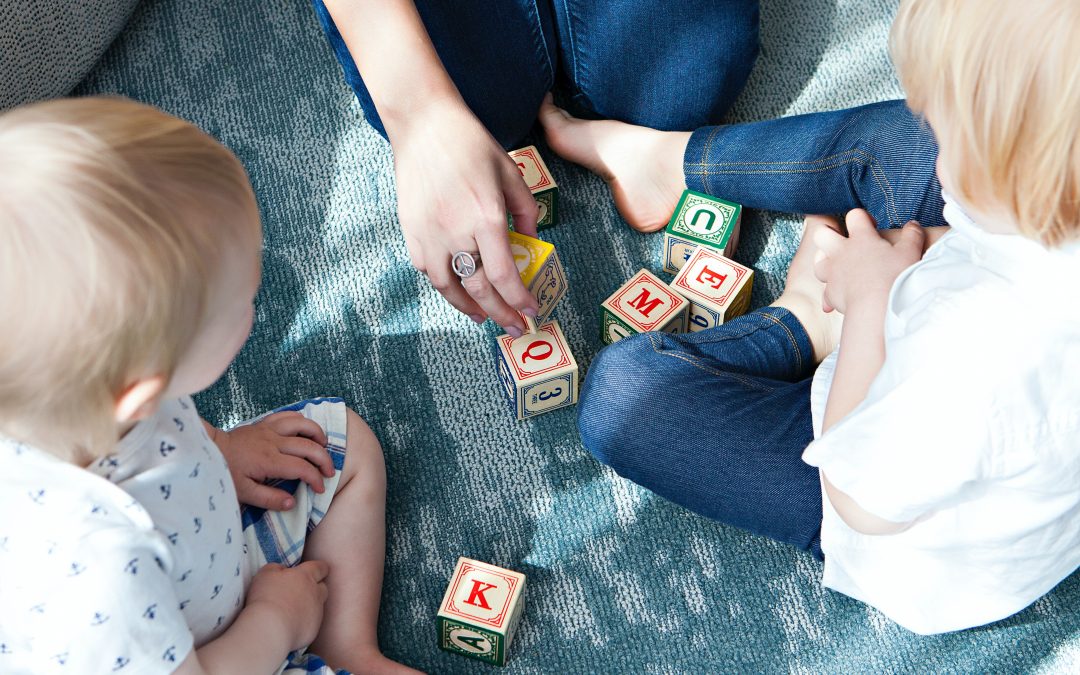
Aug 9, 2023 | Better Stories, Human and fundamental rights, UK
Happy Days is an organization aiming to assist children facing physical, mental, and emotional challenges, and young carers and their families. During the crisis, the COVID Project helped sustain support for families and maintain operational continuity. This involved organizing various activities, holidays, and day trips for children.
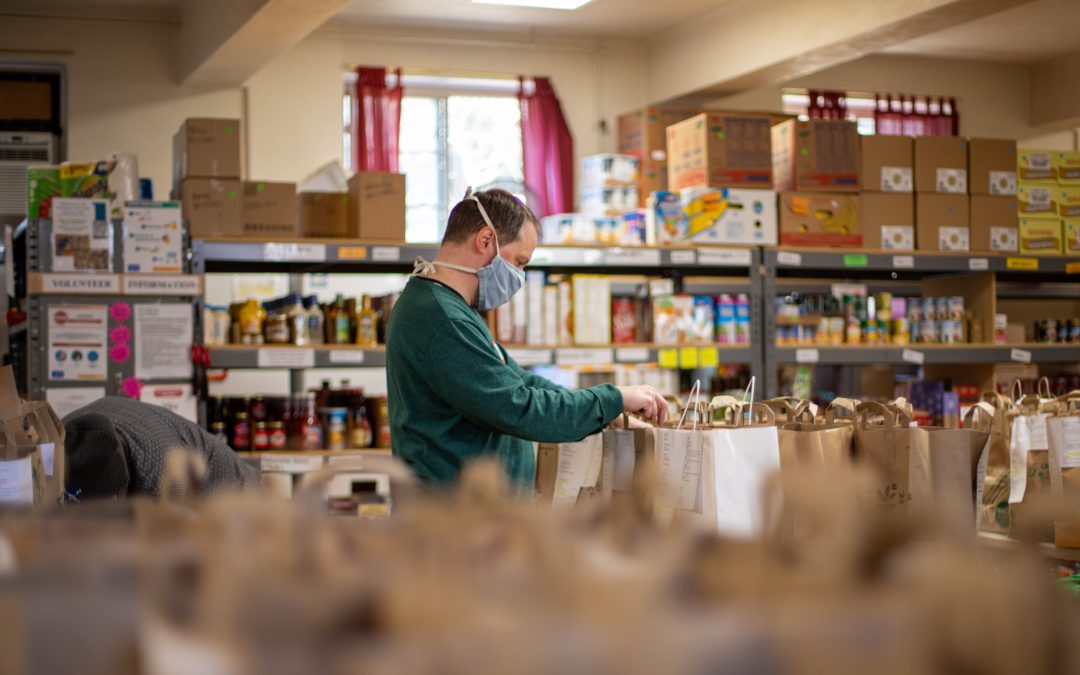
Aug 9, 2023 | Better Stories, Economy, Human and fundamental rights, Sweden
Örebro Stadsmission (city mission) was founded in 2015 but distributed left over food before then in limited scale under a different name. Matcentralen (Food Central) is a shop that sells donated food from local businesses to individuals who are unable to meet their basic food needs through other means.”
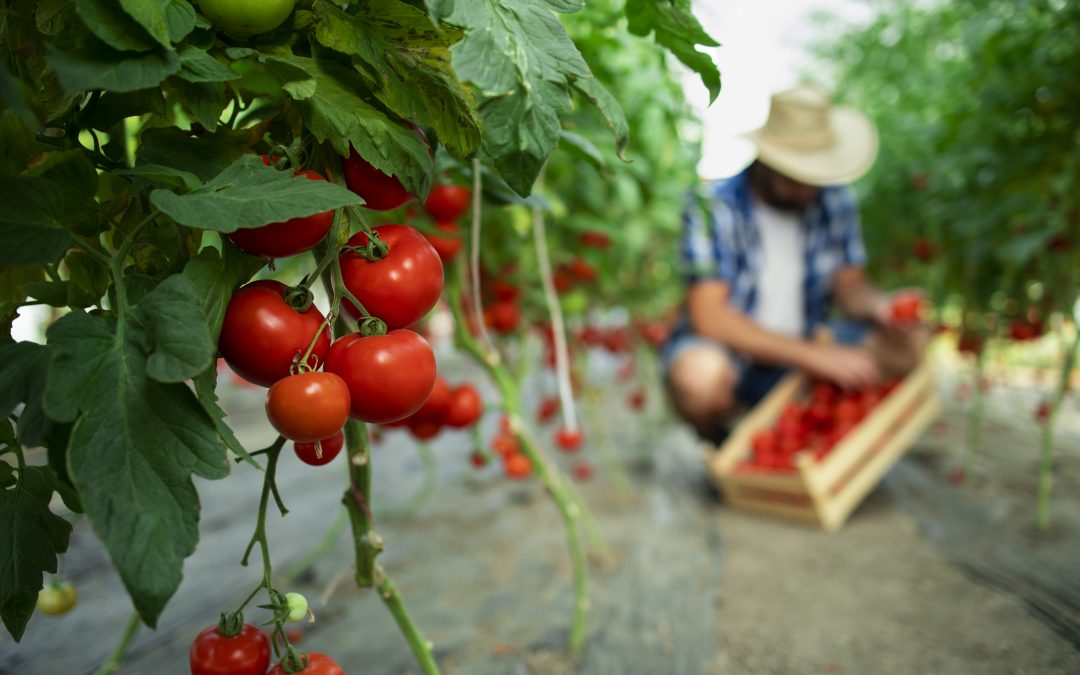
Aug 9, 2023 | Better Stories, Environment, Human and fundamental rights, Spain
Led by the cooperative Options, the campaign was launched during the pandemic crisis to promote solidarity and inclusivity. Its primary focus was to support vulnerable groups while also advocating for local and ecological agriculture, responsible consumption, and social enterprises.
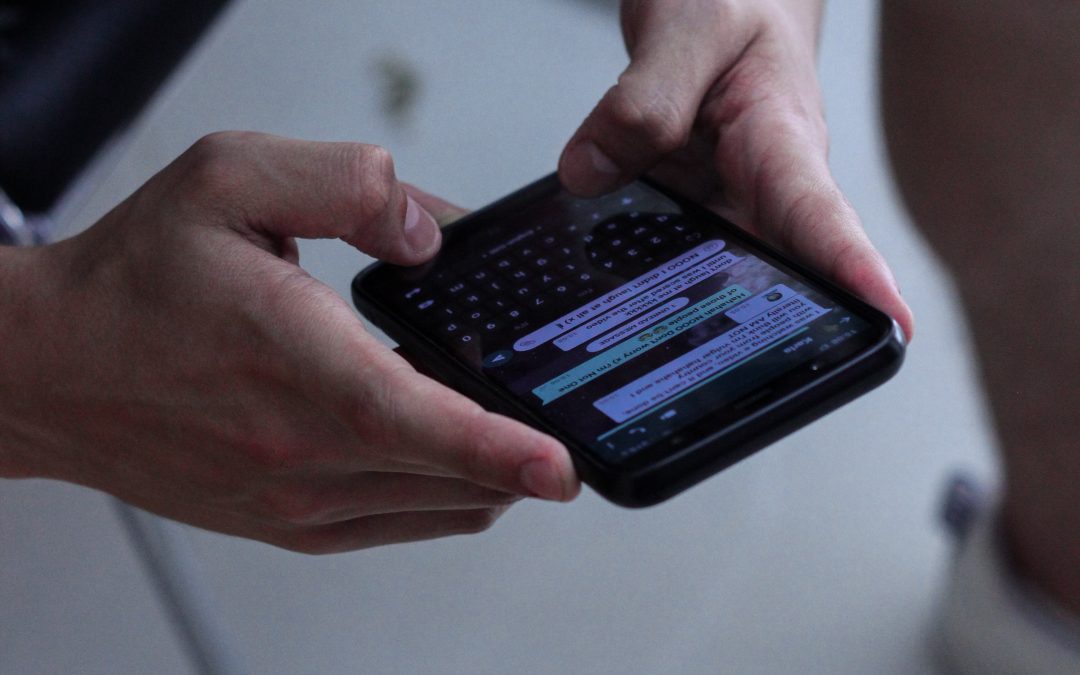
Aug 9, 2023 | Better Stories, Human and fundamental rights, Spain
A group of neighbors in Vallecas (Madrid), along with various collectives and community associations, organized through WhatsApp to provide mutual support during the COVID-19 crisis. Multiple groups were formed in each part of the district with the primary goal of assisting individuals who were unable to leave their homes to meet essential needs such as groceries and pharmacy supplies.
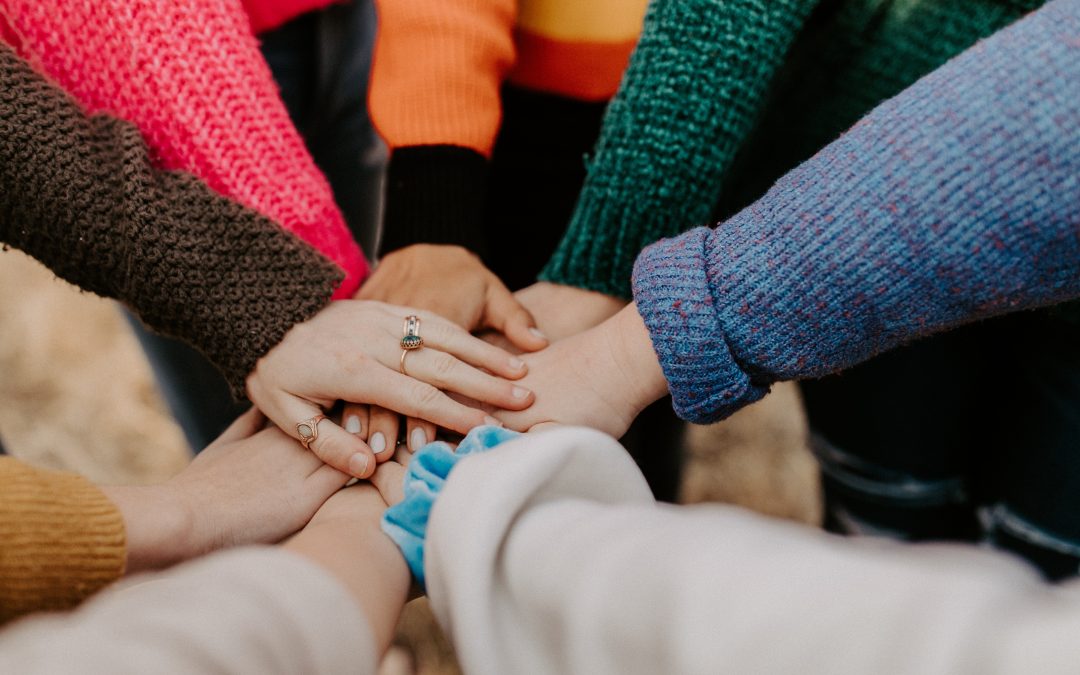
Aug 8, 2023 | Better Stories, Human and fundamental rights, Romania
Sens Pozitiv Association is an NGO working to improve the quality of life of HIV patients and of persons from vulnerable categories who are at risk of contracting HIV. A significant part of the organisation’s work consists in supporting HIV-positive persons in accessing the specific HIV medication, thus substituting the public healthcare system’s failure to provide medication and medical services for HIV patients.
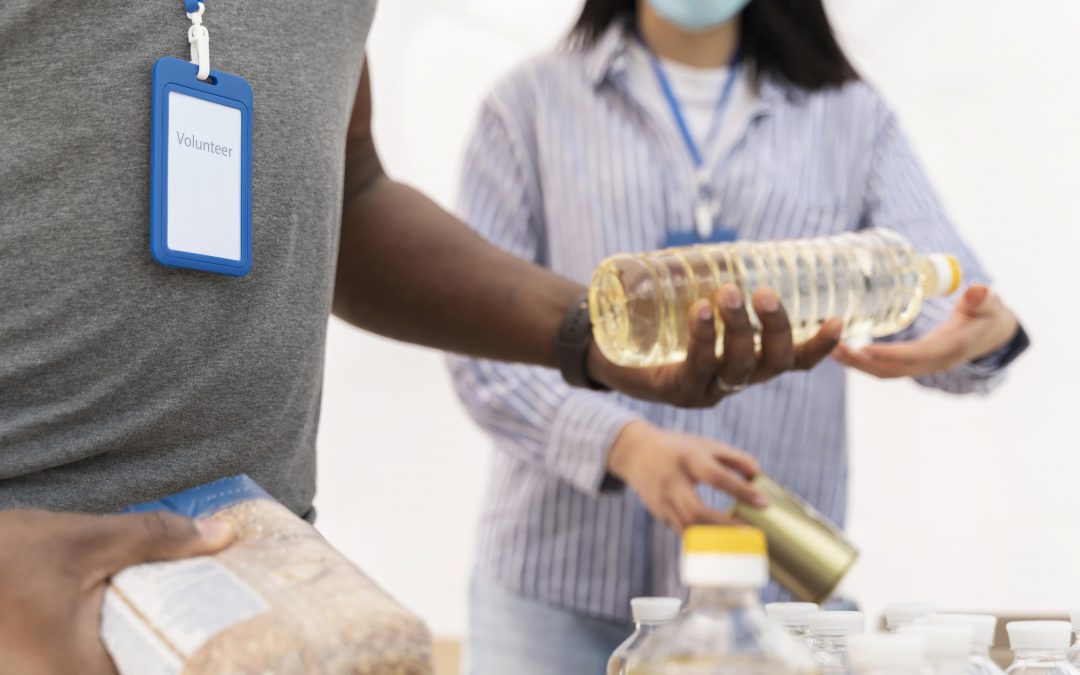
Aug 8, 2023 | Better Stories, Economy, Human and fundamental rights, Poland
To alleviate the impacts of COVID-19 policies, many initiatives have been developed by civil society organisations – NGOs, local governments, or citizens. A team of national researchers from the RESISTIRÉ project has collected and highlighted a set of...
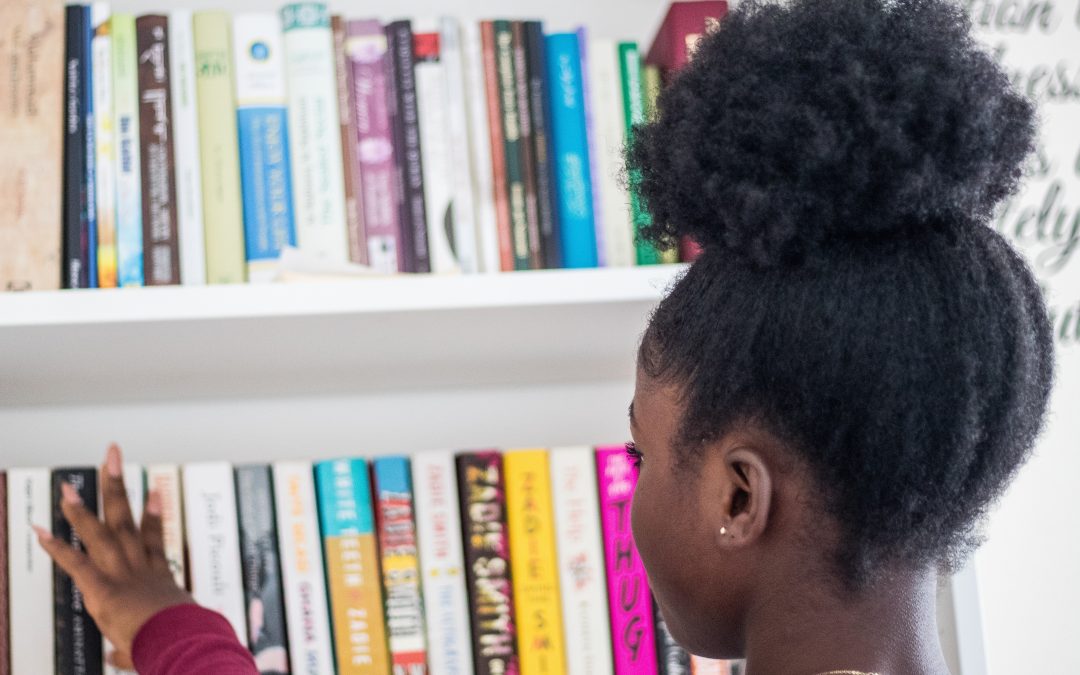
Aug 8, 2023 | Better Stories, Better Stories, Education, Human and fundamental rights, Netherlands
During lockdown, Stichting Mano displayed resilience by swiftly developing digital programms tailored to local citizens with limited literacy. These included personalized coaches for topics like ‘Literacy and Money’ and ‘Literacy and Health,’ along with essential language courses. These online alternatives replaced traditional in-person sessions and cafes, allowing for continued community engagement and education.












